One teaspoon of table salt has 2,325 mg of sodium, which is more than the amount that anyone should have per day. We do need some sodium in order for nerve and muscle function, and to conserve the level of fluids in the body. But when there’s too much sodium intake, it can cause havoc in a number of ways.
High sodium consumption has been linked to stroke, heart disease, kidney issues, and heart failure. Because sodium causes fluid retention, it can cause an increase in blood pressure and volume. This makes your heart have to work even harder.
Pay attention to the amount of salt you add while cooking. Add small amounts and taste, rather than just dumping it in. And try not to keep salt at the dinner table, where it’s all too easy and tempting to reach for.
Of even greater importance — pay close heed to the sodium content in packaged foods. Many processed and prepared foods contain a startling amount of sodium, especially Chinese food, canned soups, olives, pickles, processed meats (real and fake) and snack foods such as chips. And let’s not forget fast foods, which are loaded with sodium.
Decreasing the amount of sodium you consume benefits you in a number of ways. It can improve asthma, Meniere's disease (a disorder of the inner ear), migraine headaches, kidney stones, gastritis, ulcers, and bone loss in postmenopausal women. Don’t try and cut out sodium all at once, which might frustrate your palate! Go slowly and decrease in small amounts, allowing your taste buds to adjust to the real taste of food.
The Mayo Clinic states that the 2010 Dietary Guidelines for Americans recommend limiting sodium to less than 2,300 mg a day — or 1,500 mg if: you're age 51 or older; African-American; have high blood pressure, diabetes or chronic kidney disease. And for more on how “Big Food” got Americans hooked on all the wrong things, see Salt Sugar Fat: How the Food giants Hooked Us*by Michael Moss. Bottom line — a whole foods plant-based diet, with a minimum of processed foods and a judicious hand with salt while cooking, will serve you best and help you to avoid overindulging in sodium.
* This post contains affiliate links. If the product is purchased by linking through this review, VegKitchen receives a modest commission, which helps maintain our site and helps it to continue growing!
- For more tips on plant-based nutrition, make sure to browse VegKitchen’s Nutrition page.


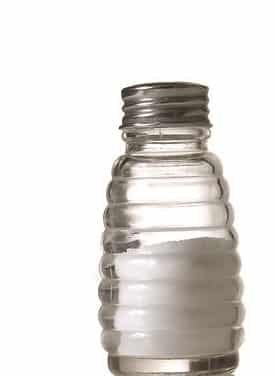
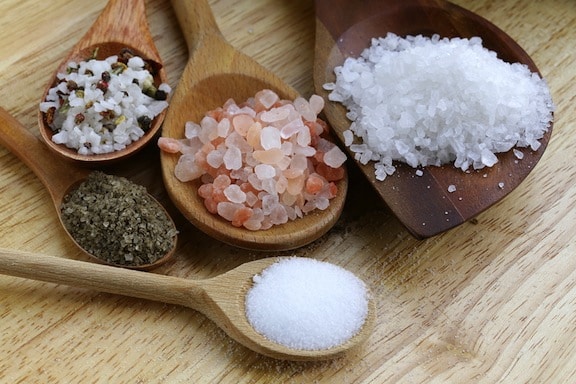

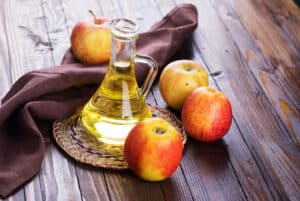
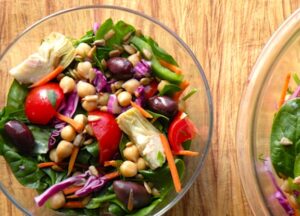
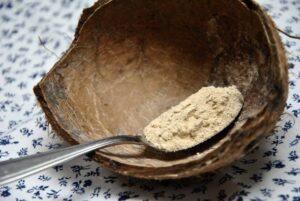
Comments
No Comments